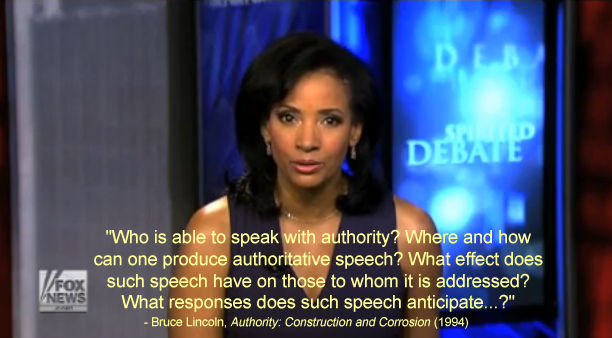
For a new Culture on the Edge series “You Are What You Read” we’re asking each member to answer a series of questions about books—either academic or non-academic—that have been important or influential on us.
2. Name one of your favorite theory books.
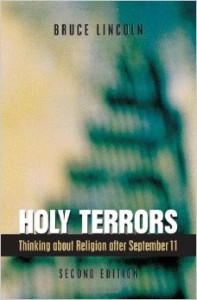 Bruce Lincoln, Holy Terrors: Thinking About Religion After 9/11 (Chicago: University of Chicago Press, 2003)
Bruce Lincoln, Holy Terrors: Thinking About Religion After 9/11 (Chicago: University of Chicago Press, 2003)
This is one of my favorite theory books because of its approach toward and definition of religion. The definition, which has four parts, revolves around the first component: the foundation of religion, Lincoln asserts, is discourse. What makes religious discourse different from other types of discourse is that it appeals to a transcendent source (the most familiar version of which is “God”), which subsequently sets that claim beyond effective human critique significantly increasing the political weight of such claims. The other three components (practices, communities, and institutions) come to life only insomuch as they are socio-structural manifestations of that discourse. Continue reading “You Are What You Read, with Leslie Dorrough Smith (Part 2)”


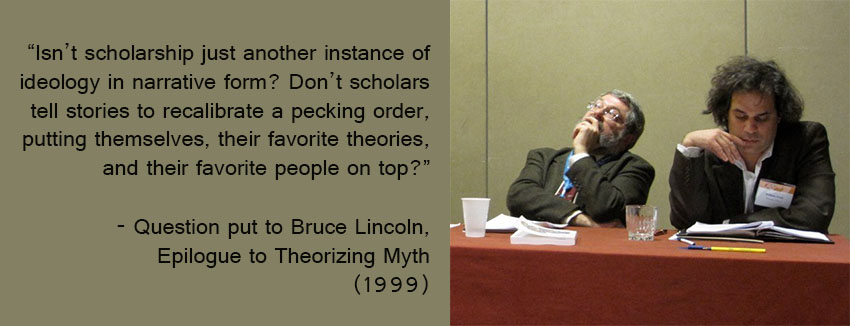 Read
Read 
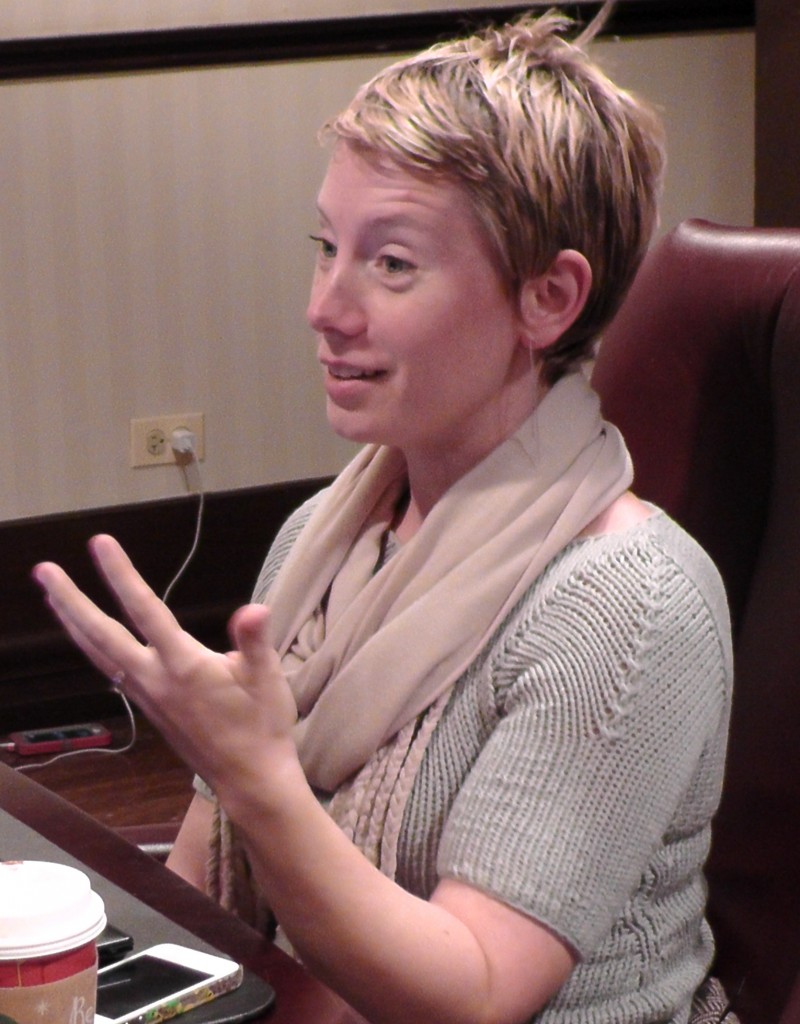 Q:
Q: 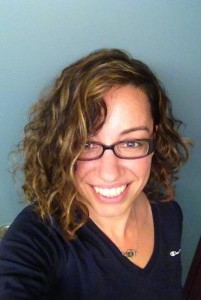
 My ear caught a line in a TV show last night:
My ear caught a line in a TV show last night: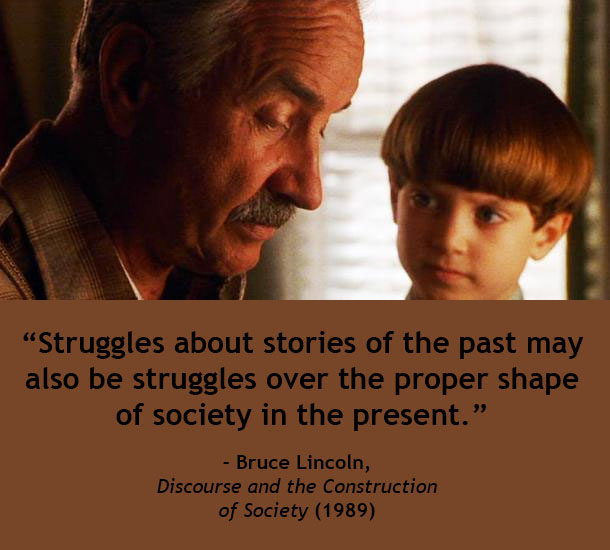 Read
Read 
